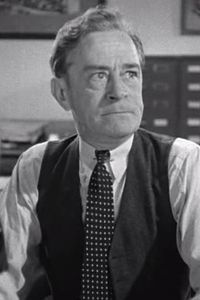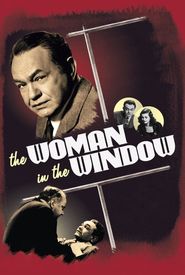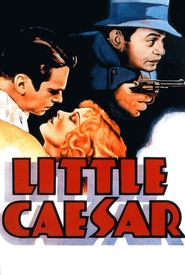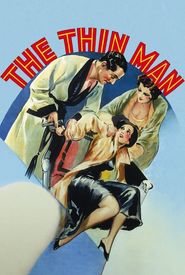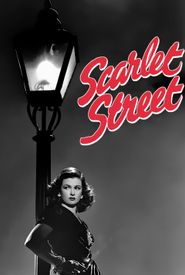Thomas Edward Jackson began his acting career on Broadway from 1899 to 1903, playing juvenile parts. He later became a boxer and served in World War I before returning to the theatre in 1917.
Jackson gained fame on stage for his role as Dan McCorn, a tough and sarcastic detective, in George Abbott's 1926 hit show "Broadway". He went on to become a producer and director for a few Broadway flops, but his skills were in demand in Hollywood after the advent of talking pictures.
Jackson was 43 years old when he was enticed to Hollywood to recreate his role in Paul Fejos' 1929 film adaptation of "Broadway", which featured complex camera movements not seen in other early sound films. The film was nearly forgotten until it was recently restored from surviving prints.
After "Broadway", Jackson drew on his Dan McCorn character for various films, including "Little Caesar" (1931) and "The Woman in the Window" (1944). He often played newspaper editors, reporters, policemen, politicians, and other characters.
During his 37-year career in Hollywood, Jackson appeared in over 300 film, radio, and television works, including scenes opposite Edward G. Robinson, William Powell, Clark Gable, Humphrey Bogart, and James Cagney. He worked with legendary directors such as Mervyn LeRoy, Michael Curtiz, William Wyler, Fritz Lang, Douglas Sirk, and Roger Corman.
Jackson's notable roles include District Attorney Wilde in the newly discovered pre-release version of "The Big Sleep" (1945),which was previously a confusing movie. He also played slimy producer Johnny Jackson in "Myrt and Marge" (1933),a film referenced in the Coen Brothers' "O Brother Where Art Thou?" (2000).
Additionally, his character Snow in "Manhattan Melodrama" has historical significance for true crime buffs, as the film was playing at Chicago's Biograph theatre on the night John Dillinger was fatally gunned down outside the theatre, as depicted in the Michael Mann film "Public Enemies" (2009).
